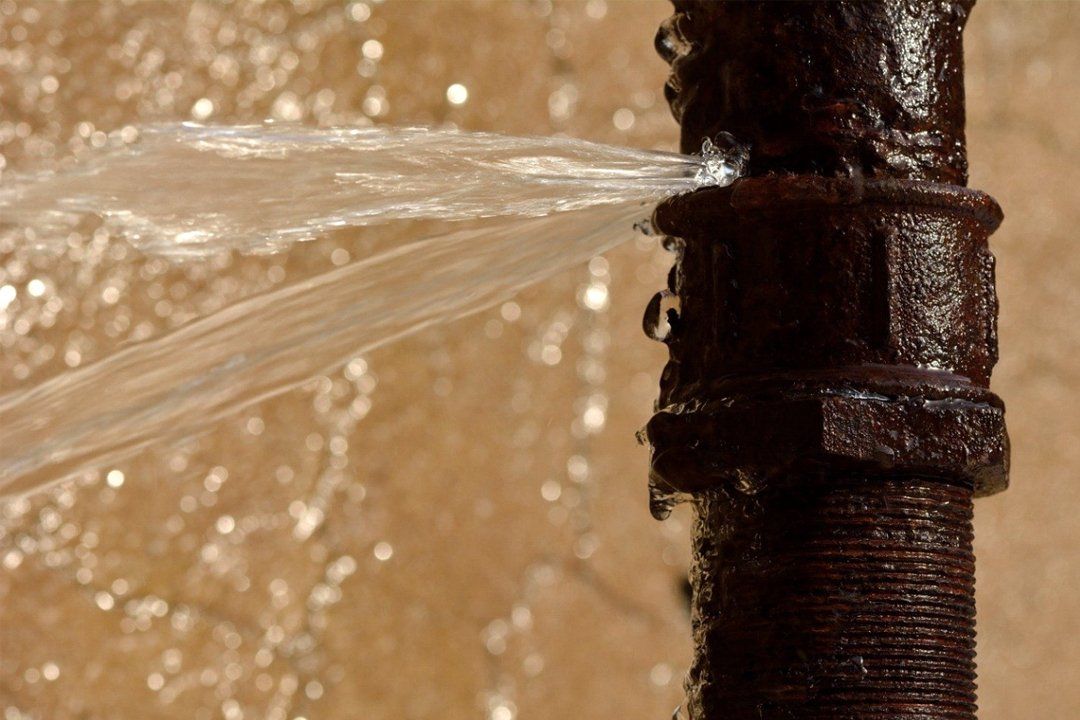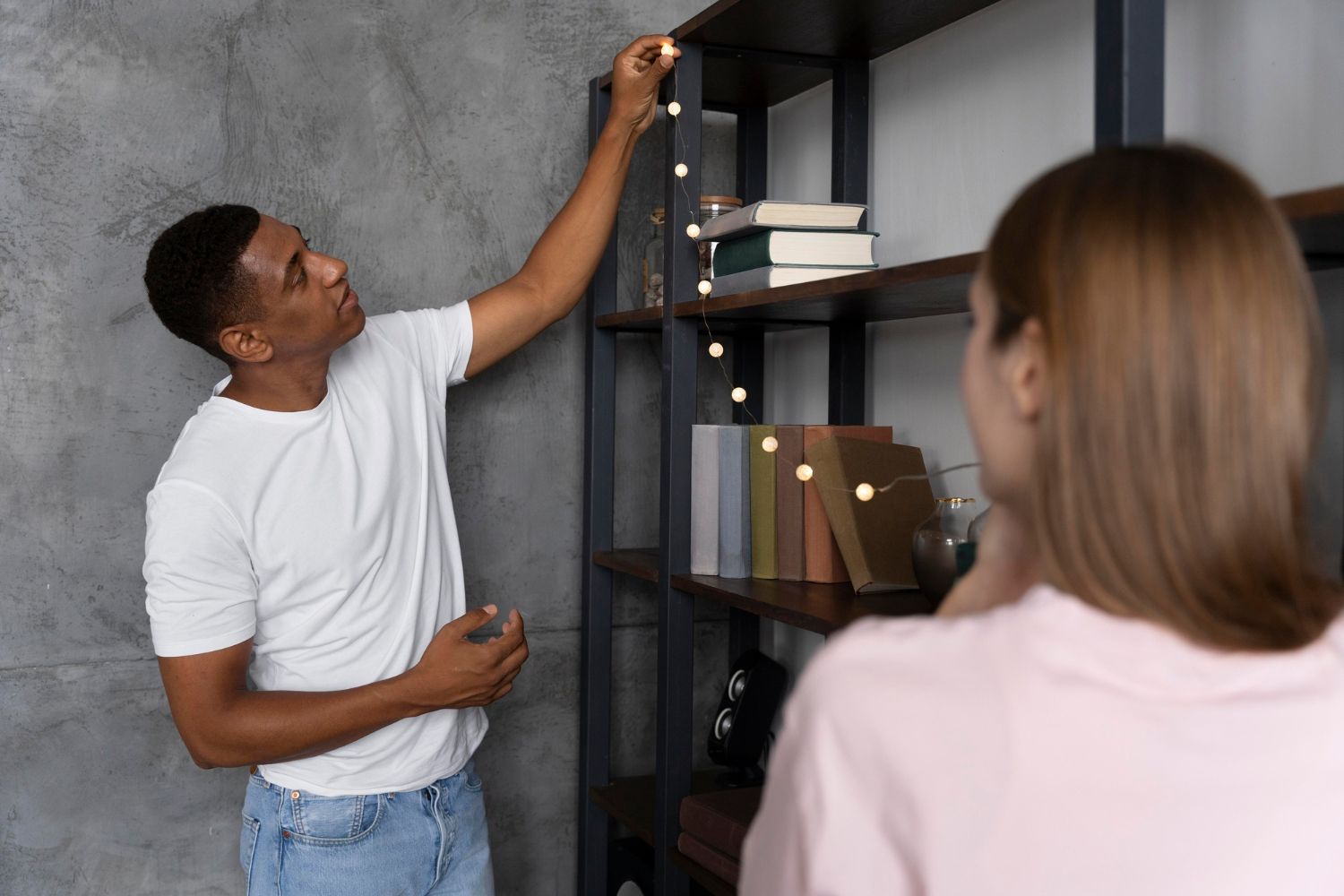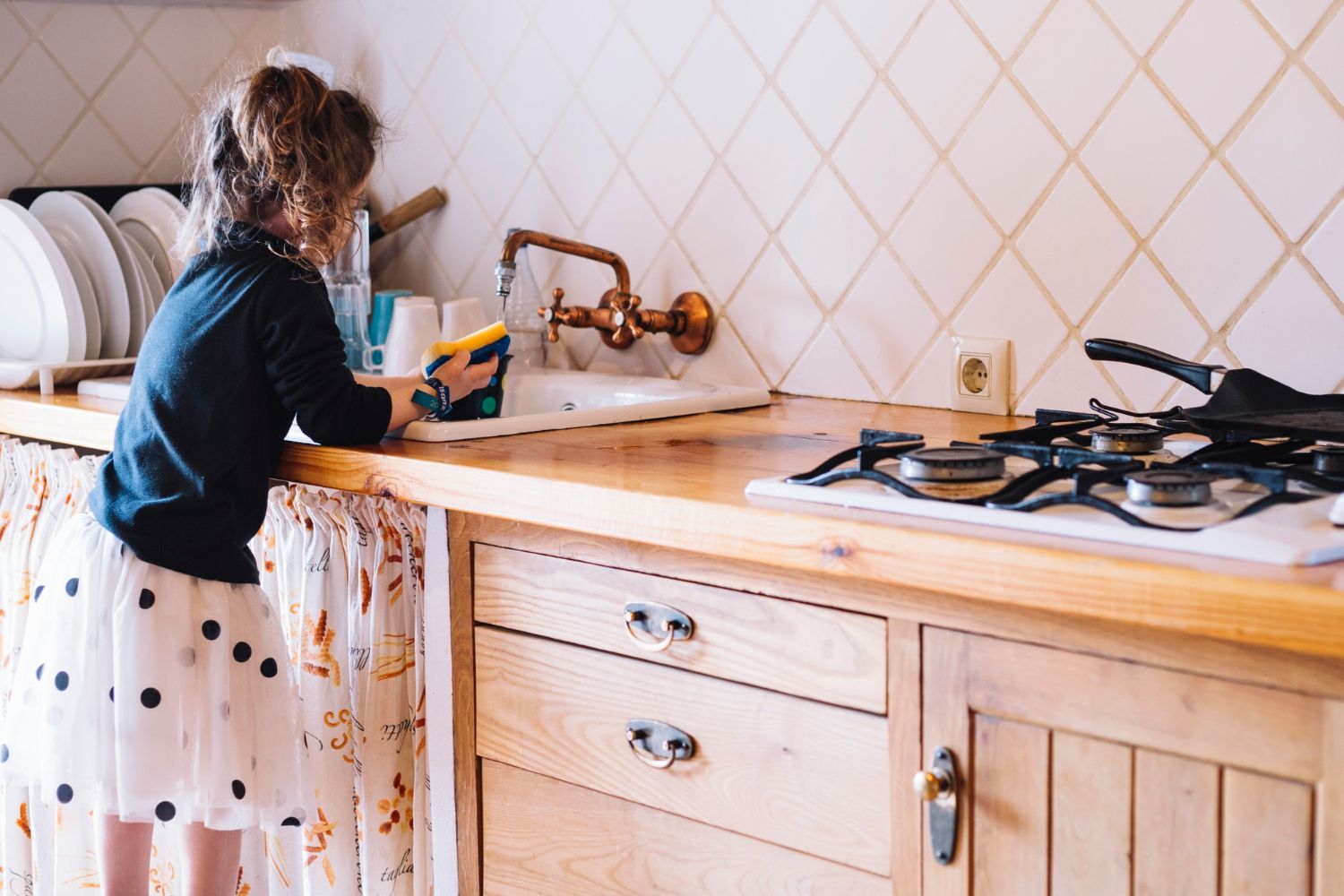How Do Water Pipes Burst? Winter Maintenance Tips to Prevent Burst Pipes in Your Home

In the winter, temperatures can dip below freezing. When that’s the case, it’s important to prioritize water pipe maintenance. Frozen water will obstruct water flow and eventually cause a burst water pipe. This can cause a lot of damage to your home – and nobody wants that!
Although water freezes at 32 degrees Fahrenheit, your home’s temperature insulates your pipes to some degree. Generally speaking, only when the outside temperature is around 20 degrees Fahrenheit is there a chance your pipes may freeze.
But if you are dealing with a burst water pipe, not all hope is lost. Picking up your tool belt and implementing some simple maintenance to your water pipes will go a long way. The good news is you can prevent your pipes from freezing this winter, both inside and outside your home.
This post looks at what causes a burst water pipe and some simple preventative tips for maintaining the pipes inside and outside your home.
How Do Water Pipes Burst?
- Old and Weak Pipes
Rust and corrosion weaken your water pipes over time. Possible signs of corrosion include discoloration, water pooling in your basement, or the sound of gurgling water in your pipes. Schedule maintenance checks at least once a year to detect any problems early, and contact an expert for more help if you notice signs of trouble. - Under Pressure
Have you heard a banging sound in your pipes? This is a sign of high water pressure. Ask your plumber to look into using pressure-reducing valves to combat the high pressure and avoid further damage. If a burst pipe does happen, have it repaired immediately. Waiting for the next day or even longer increases the risk of severe damage, which may require an expensive reconstruction job at the end of the day. - Clogged or Blocked Pipes
Make sure your drains remain clear by regularly removing any items that have made their way down them. Also, make sure no foreign objects make it down your drains, as this could cause a build-up in pressure which could lead to cracking or bursting pipes. - Tree Roots
Tree roots are one of the most common causes of water pipe bursts. They can travel far and wide without your knowledge, wrap themselves around pipes and even make their way into the pipes. This can reduce the flow or block the pipes completely. It is important to look out for signs of damage in your water shutoff valve, hydrants and other exposed piping areas. - Extreme Temperatures
If water freezes inside of your pipes during the cold winter months, it will cause them to expand and burst at their weakest point. To prevent your pipes from bursting during the winter, make sure that you insulate them well. - Bad Plumbing Work
When your plumbing lines are installed, the pipes are typically used for many years. If a plumber does not take care when installing the pipes and uses low-quality parts or incorrect parts, you may be in for some big problems in the future. Always make sure to use a reputable company so that your plumbing lines last for many years or decades.
Maintenance Tips To Prevent A Burst Water Pipe in the House
One of the most obvious ways to prevent a burst water pipe from occurring is to insulate the pipes with insulation tape or pipe sleeves. This should be done on all types of pipes: galvanized, copper and plastic. In some cases, even steel pipes must be insulated. Also make sure the faucets are turned off to protect them from freezing. Pipes may freeze when exposed to the elements outside on an unheated home or building.
- Don’t Turn Off Your Faucets
When the temperatures are extremely low, make sure you keep one or two of your faucets running very slowly. The movement of the water should help prevent your pipes from freezing. - Direct Your Heat
If you can, direct warm air to the colder, unheated areas of your house. This will result in a more even distribution of warm air throughout the entire house. If this is not possible, open cabinet doors to let warmer air circulate around the pipes, especially if your sinks are located along an outside wall. - Use Heat Tape
Heat tape is a quick and easy solution you can implement yourself. Apply the heat tape to any pipes you think will benefit from an extra layer of insulation. - Check for Leaks
The best way to stay warm in the cold weather is to make sure there are no air leaks around your house. The prime spots to look for leaks are around dryer vents, electrical wiring and other areas that have been neglected. Take a look around your home and be sure to caulk up any holes that let in outside air. Make sure you have plenty of insulation too, as that will help keep heat inside your home and out of the elements. - When Out of Town
If you’re planning on being away from your home for a long time during the winter, make sure to turn off the water mains and drain the water system.
Maintenance Tips to Prevent A Broken Water Pipe Outside the House
A broken water pipe outside your home is an expensive and time-consuming problem. While you may know that the first line of defense is to turn off the main water valve, a broken water pipe can still affect the inside of your home. Often, there are openings around the spaces where your pipes enter your home. It’s important to check for holes in these spaces and caulk them up before severe weather approaches. Here are some other tips to keep your outside water pipes from bursting.
- Insulate Your Walls
To prevent your pipes from being exposed to freezing air, protect the exterior walls that hold your plumbing pipes with an extra layer of insulation. - Add Snap-On Insulation
For your pipes outside and in unheated areas of your home, add snap-on insulation when the temperatures drop. Cut and taped Styrofoam or pool noodles can even help insulate your pipes. - Disconnect Hoses and Faucets
Before the cold winter weather hits, you can protect your hose with a few quick steps. Be sure to drain out all your outside faucets. Disconnect water hoses from the faucet, so any trapped water doesn’t cause the hose to freeze and break. Store the hose in your garage or shed, out of the harsh weather elements. If you’re expecting a sharp temperature drop overnight, let a tiny trickle of water run out your exterior faucet to prevent extra pressure build-up and an eventual burst. - Turn Off Irrigation Systems
When temperatures drop, your plants become dormant and don’t need watering. So make sure to turn off your sprinkler or irrigation systems. Of course, even the most prepared DIYer may face a burst pipe issue. If you’re dealing with burst water pipes, call the water damage experts at TOV Restoration for top-quality restoration service
Call the Professionals at TOV Restoration
At
TOV Restoration, we offer emergency water damage restoration and mold remediation services to help you with any of your commercial or residential cleaning needs. Our team of experts have decades of experience in the industry, and we will work to restore your home or business back to its original state. Our technicians will explain our straightforward process, and if you need a company name put on a bill then simply submit it through email or over the phone!
If you have any questions about water damage restoration, mold remediation, and flood damage cleanup, please contact us 24/7 at
TOV Restoration.



